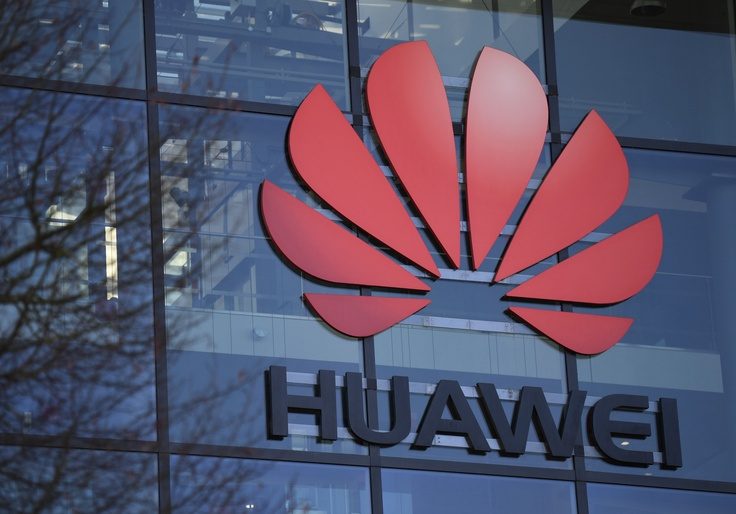Top Biden administration officials on Thursday committed to banning China’s Huawei from accessing all American technology, a landmark policy shift that would deal a significant blow to Beijing’s spy operations in the United States.
When pressed during a hearing on the Biden administration’s China strategy, officials from the Pentagon and State and Commerce Departments all agreed that Huawei should no longer be able to access American technology. That declaration, made before the House Select Committee on China, marks a significant policy shift for the Biden administration, which has come under intense criticism from Republican China hawks for granting Huawei around $60 billion in export licenses.
Huawei, one of China’s largest state-controlled technology corporations, has become the poster child for Beijing’s spy operations in America and is already banned from selling some of its equipment in the United States due to mounting concerns that it is vulnerable to CCP espionage operations. But the Biden administration has delayed action on an outright ban on Huawei’s purchase of U.S. technology, likely to avoid upsetting the Chinese Communist government at a time when American diplomats are working to diffuse tensions.
Rep. Mike Gallagher (R., Wis.), the House China Committee’s chairman, called this delay unacceptable during the Thursday hearing, and pointedly asked each Biden administration official in attendance: "Do you believe that U.S. technology should go to a company that spies on the U.S., like Huawei?"
"No," responded Ely Ratner, the assistant secretary of defense for Indo-Pacific security affairs.
Daniel Kritenbrink, assistant secretary of state for East Asian and Pacific affairs, also said, "No," adding that: "We should take steps necessary to defend our national security. We will and we have."
Thea Kendler, assistant secretary of commerce for export administration, offered a similar response to Gallagher’s question, saying her agency is "very clear in our national security approach to Huawei. Absolutely no advanced technology is permitted under our regulations." The Commerce Department is also targeting other technology companies "across the PRC" to crackdown on espionage.
Gallagher said he was encouraged by these answers, but still questioned why the Biden administration is delaying action on an outright ban.
"The idea that we may be delaying defensive action in order to pursue economic and diplomatic engagement with the People’s Republic of China" is particularly "troubling," Gallagher said.
The Biden administration officials also came under fire for not issuing any sanctions on Chinese officials complicit in human rights abuses, as they are legally required to do.
"It’s been over two years since a single Hong Kong or PRC official was sanctioned for the erosion of Hong Kong’s autonomy," Gallagher said. "The administration has refused to implement the sanctions required by the bipartisan Uyghur Human Rights Policy Act, and Deputy Secretary of State Wendy Sherman reportedly lobbied Congress to water down provisions in the Uyghur Forced Labor Prevention Act."
When pressed on the matter, the State Department’s Kritenbrink declined to say if he had ever advised senior diplomats to delay sanctions on Chinese officials.
"I won’t comment on any discussion that may or may not have happened," Kritenbrink said, adding that the administration is "committed to enforcing U.S. law."
